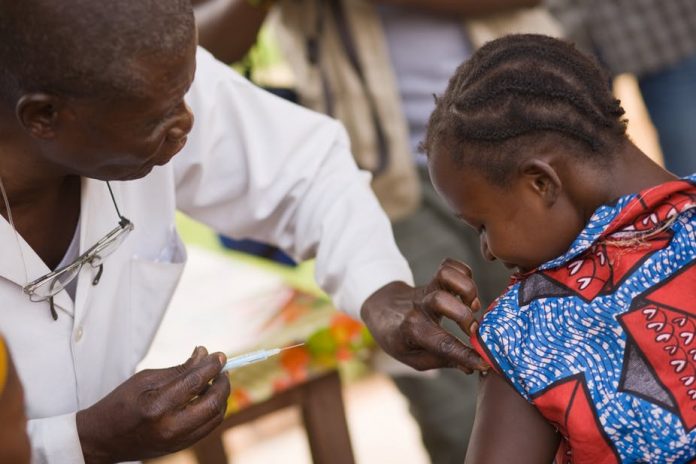By Matthew Ferrari
An outbreak of measles that began in early 2019 in the southeast corner of the Democratic Republic of the Congo (DRC) has now spread to all 26 provinces. Over 180,000 cases and more than 3,000 deaths have been reported. The outbreak has disproportionately affected young children under five years of age. Similar outbreaks occurred previously in the DRC in 2011 and again in 2015.
This is the largest and most fatal of the large measles outbreaks across the world this year. These have occurred in the Ukraine, Philippines, Brazil, US, New Zealand, Madagascar and Nigeria. While the details of each individual outbreak vary, the root cause of measles outbreaks is always the same: too few children receive timely and effective vaccination.
The outbreak in the DRC highlights all of the various causes for episodic measles outbreaks. The delivery of measles vaccine in endemic areas must contend with a biological catch-22. From birth to about nine months of age, most infants have maternal antibodies that protect them from measles infection. But these antibodies also prevent the measles vaccine from conferring lifelong immunity.
Those children whose maternal immunity wears off early are at risk of infection at an age when measles infection can be most severe. Thus, health systems in endemic regions, like the DRC, employ a first dose at a relatively early age (nine months) to immunise these vulnerable children. Later they provide a second dose to catch those for whom the first dose didn’t provide protection.
The weak spot of this strategy is the accessibility of routine preventive health services. In the DRC, as in many underfunded health systems, many families cannot routinely access timely preventive services. This can be because they live too far from clinics, or because clinics are in bad shape.
To combat limited vaccination access, the DRC conducts periodic “supplemental vaccination activities”. These are large, coordinated efforts to bring second dose opportunities into every community, vaccinating all children under five years of age, regardless of prior vaccination. The expense and logistics of these massive efforts means that they can only be conducted every few years.



